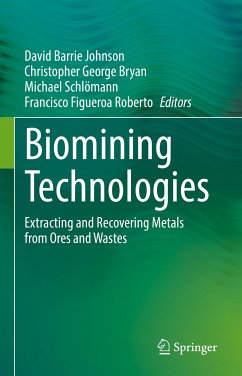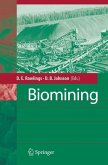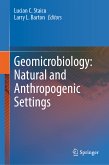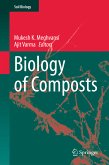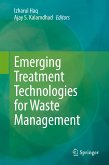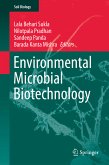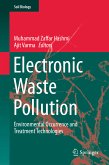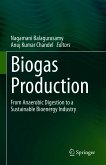This book describes emerging and established industrial processes of biomining technologies used for the recovery of metals of economic interest from, e.g. mineral ores, mining and electronic wastes using microbiological technologies.
Multiple chapters focus on engineering design and operation of biomining systems. Several industrial case studies from China, Chile, Peru, Russia/Kazakhstan and Finland are included, which emphasises the practical approach of the book. The reader not only learns more about the biology, diversity and ecology of microorganisms involved in biomining processes, but also about microbial biomolecular and cultivation tools used in the biomining industry. Special emphasis is put on emerging biotechnologies enabling the use of biomining for recycling metals from e-wastes, waste streams and process waters. Finally, the future impacts and direction of biomining towards sustainability in a metal-demanding world are also highlighted.
The book is aimed at an interdisciplinary audience involving operators and researchers working across disciplines including geology, chemical engineering, microbiology and molecular biology. This is reflected by the content of this book, as well as by its authors, who are all leading practitioners and authorities in their fields.
Dieser Download kann aus rechtlichen Gründen nur mit Rechnungsadresse in A, B, BG, CY, CZ, D, DK, EW, E, FIN, F, GR, HR, H, IRL, I, LT, L, LR, M, NL, PL, P, R, S, SLO, SK ausgeliefert werden.
Es gelten unsere Allgemeinen Geschäftsbedingungen: www.buecher.de/agb
Impressum
www.buecher.de ist ein Internetauftritt der buecher.de internetstores GmbH
Geschäftsführung: Monica Sawhney | Roland Kölbl | Günter Hilger
Sitz der Gesellschaft: Batheyer Straße 115 - 117, 58099 Hagen
Postanschrift: Bürgermeister-Wegele-Str. 12, 86167 Augsburg
Amtsgericht Hagen HRB 13257
Steuernummer: 321/5800/1497
USt-IdNr: DE450055826
Bitte wählen Sie Ihr Anliegen aus.
Rechnungen
Retourenschein anfordern
Bestellstatus
Storno

